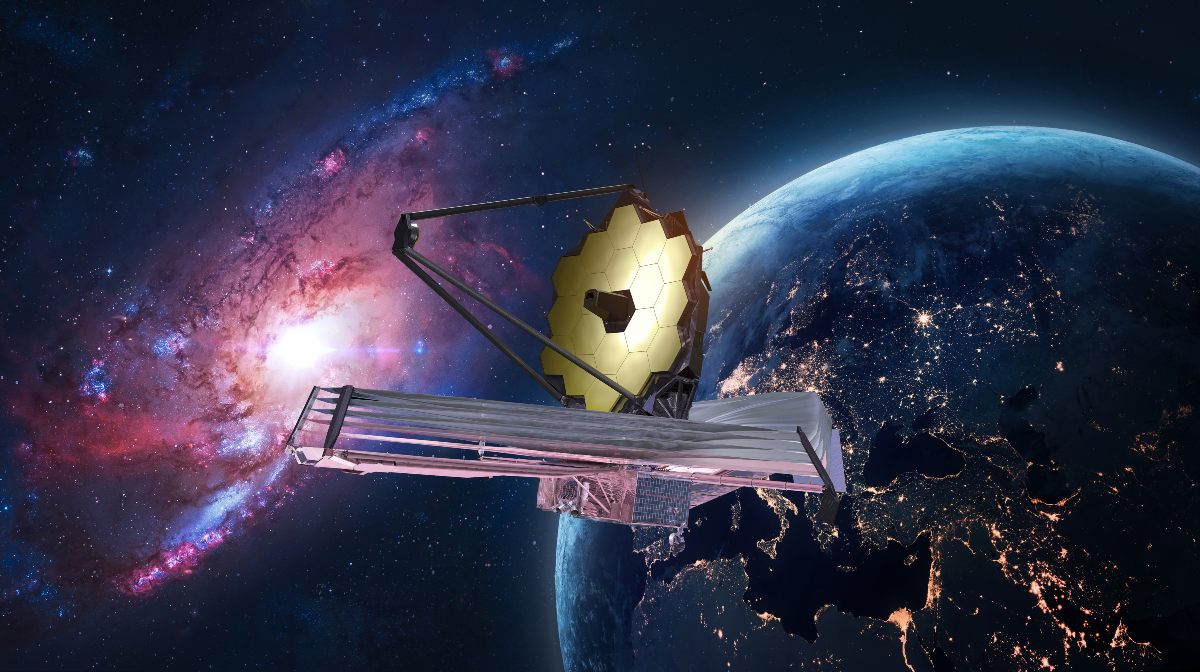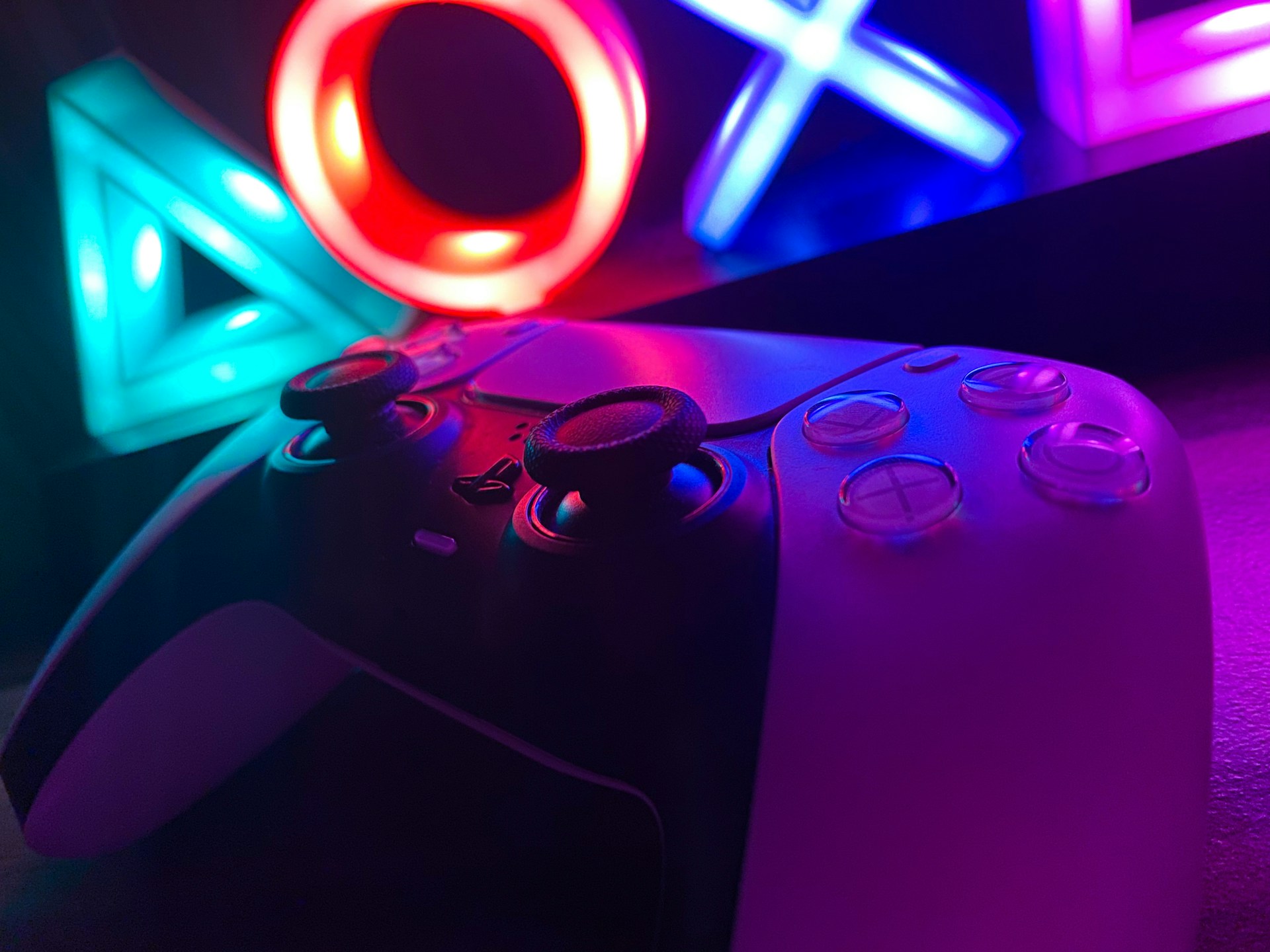Art generators have many fears about copyright on their works from Artificial Intelligence (AI). The rise of AI-produced models in the last year has enabled the creation of music, art and code to learn from the work of others. Of course, as these tools become more prominent, legal questions arise without answers. However, these situations will shape the future of the legal field in this area.
Generative AI has had the best year since its emergence. Technology companies such as Microsoft, GitHub or Adobe are integrating it with their products. New companies have been raising millions in an attempt to compete with them. In addition, the software comes with a cultural influence. This means that text-to-image AI models are the order of the day for memes.
Of course, the industry based on generative artificial intelligence is looking at other problems. There are several questions that remain unanswered by those who defend or criticize this new technology and its rights. The main concern is focused on the legality of everything that is produced and copyrights, in order to claim or suffer claims in the future.
Copyright: why are they a problem?
Training for machine learning of AI systems is a question that worries both insiders and outsiders. There is a whole study to identify and replicate behavioral patterns in the data being generated. These programs generate, with these codes, texts, music and art. Generally, data is created by humans, extracted from the web and copyrighted in one way or another.
For those engaged in AI research, particularly in that distant and foggy decade of 2010, this was no big deal. At that time, the latest generation models were capable of generating blurry, black-and-white images of faces the size of a fingernail. This situation did not appear to be a threat to humans.
However, by 2022, any amateur with software such as Stable Diffusion can generate an image that copies the style of any artist in a matter of seconds. Many companies sell AI-generated prints and social media filters that are explicit imitations of live designers. This is where questions of legality and ethics become pressing.
What do copyright experts say?
The Verge portal sought to address this issue by having several experts respond. There were words from lawyers, analysts and employees of AI companies. Many pointed to the possibility of these systems infringing copyright and facing serious legal challenges.
For others, everything that happens in the field of artificial intelligence is legally acceptable and any attempt to sue will end up being a failure. In any case, there are still many unknowns in a subject, such as copyright, which is extremely sensitive in these times.




